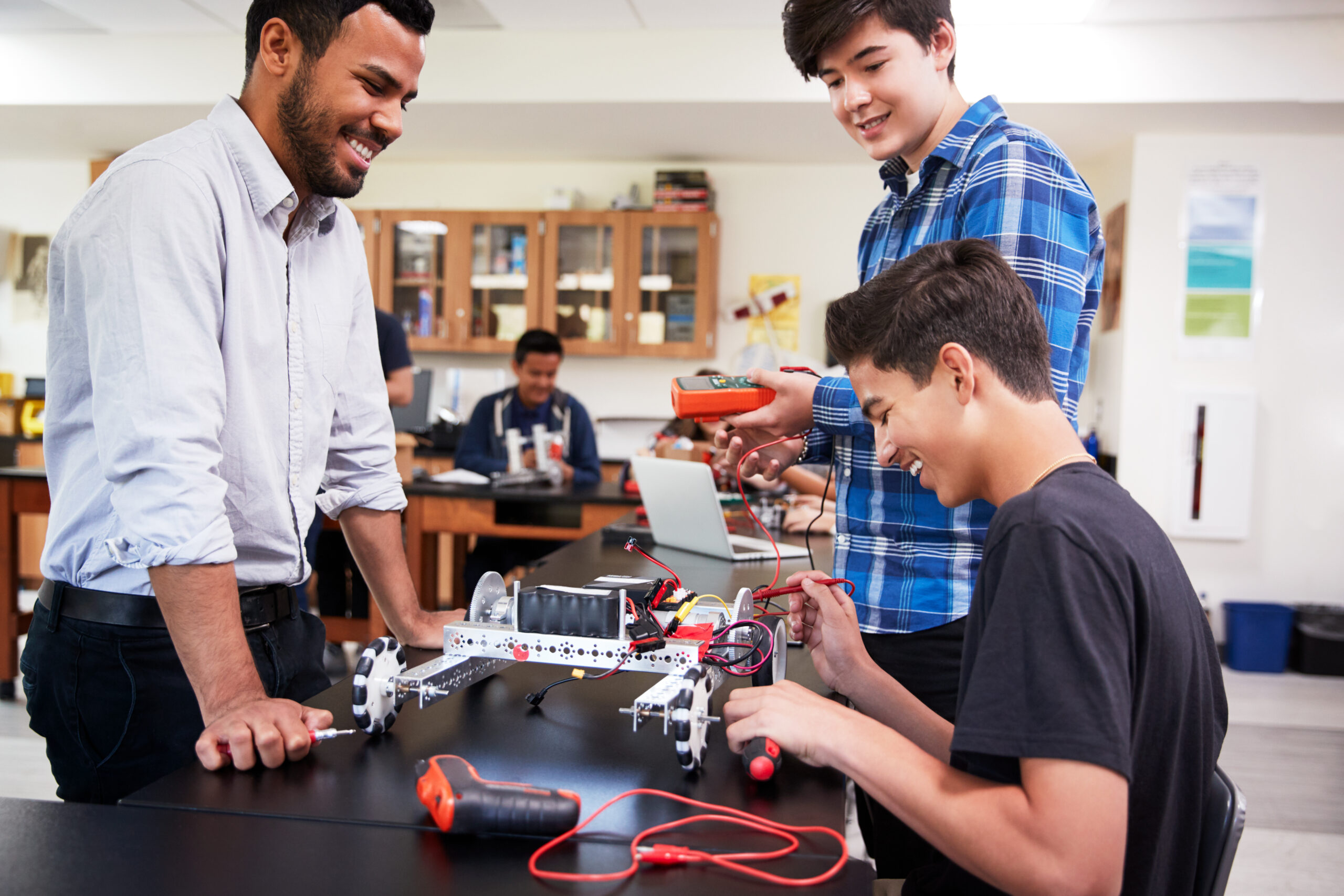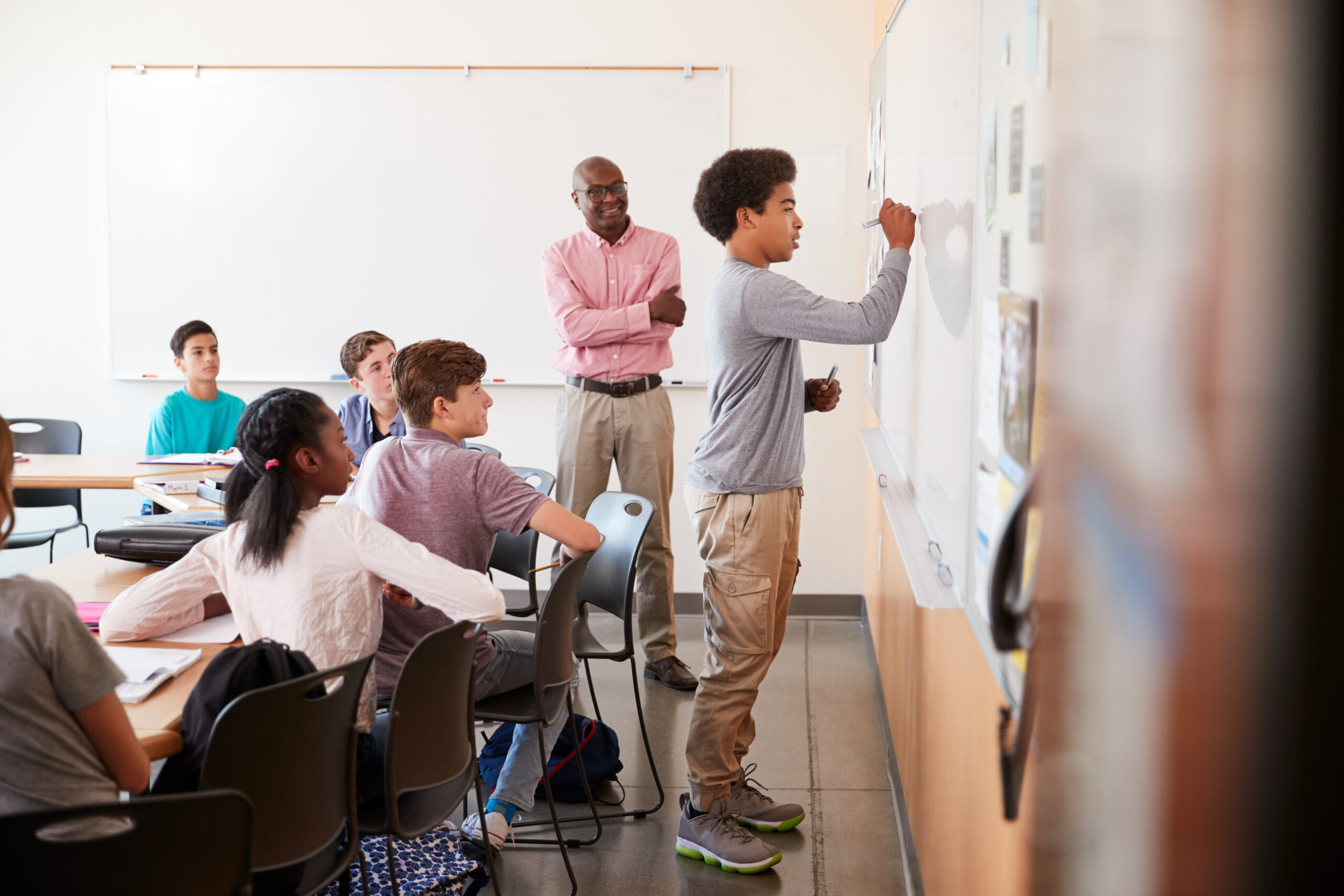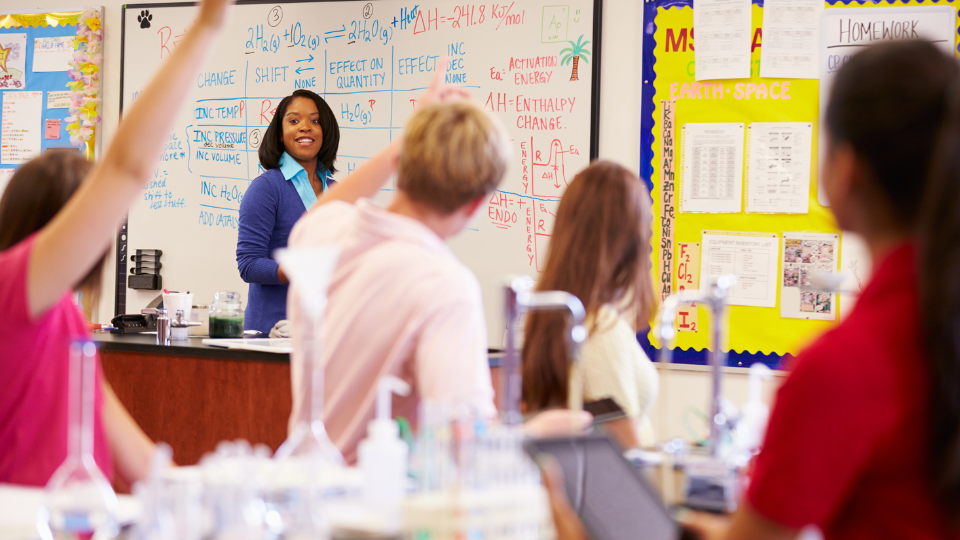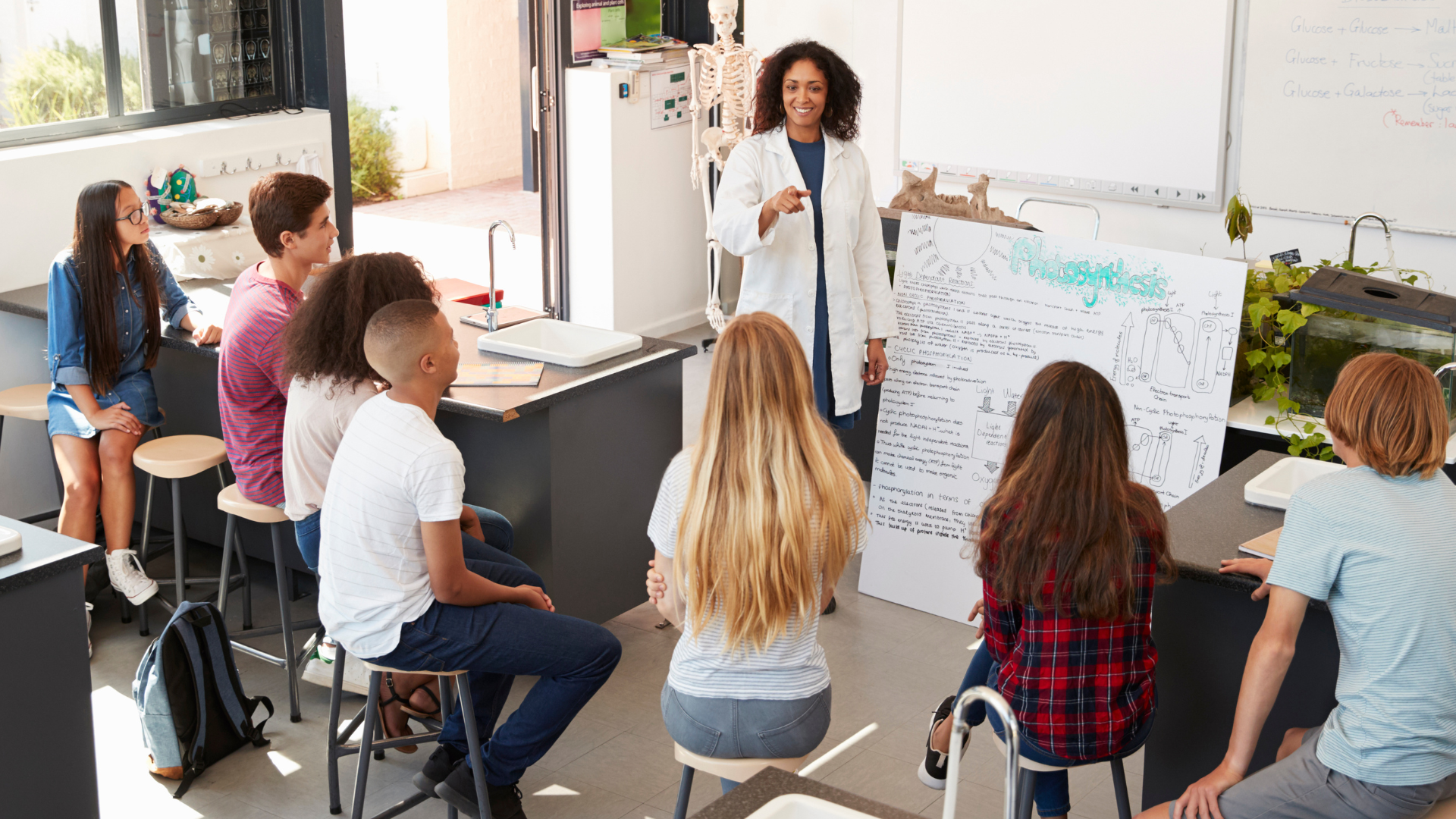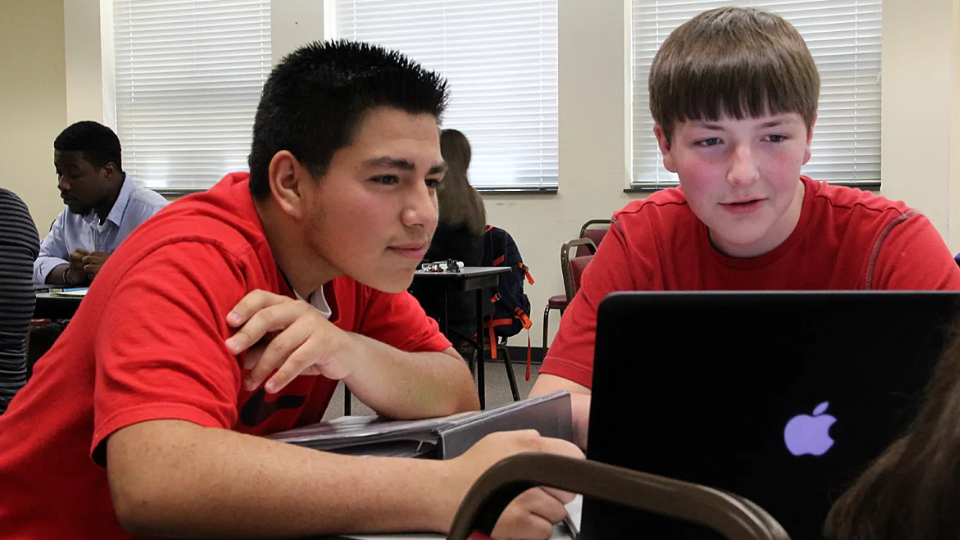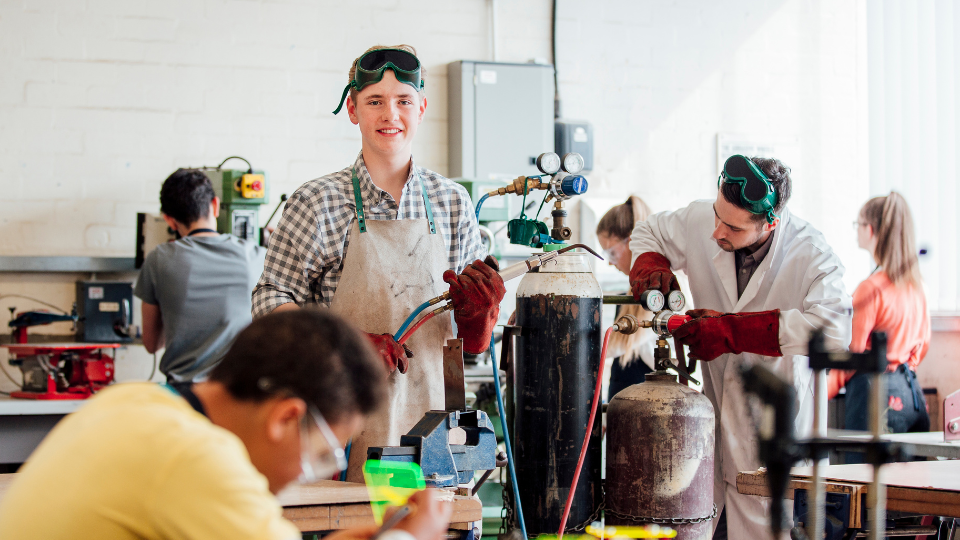Career-Connected Learning
Highlights how Massachusetts Early College programs use data systems, like early-warning tools and college credits tracking, to drive equity and improvement
Researchers discuss the benefits and challenges of Early College High Schools in North Carolina, highlighting their impact on student outcomes and career readiness.
Finds that Early College High Schools in New Mexico yield a net present value of $27,219 per student, with a benefit-to-cost ratio of 4.6
Finds that Early College High Schools in North Carolina provide $10,000 in cost savings per student and higher postsecondary attainment, with greater benefits for underrepresented groups
A 2020 study found that Early College High Schools, despite higher costs, lead to more college degrees for low-income students, offering a 15:1 return on investment.
Finds that students attending Early College High Schools are more likely to enroll in college and complete degrees, with significant benefits for underrepresented groups
America Achieves outlines how integrating cross-sector competencies into education can better equip students for success in a rapidly changing economy.
More than half of educators say preparing students for future careers is a priority, but many schools still face resource and model shortages.
Evidence indicates that school-community collaborations and experiential career learning markedly improve students’ readiness for their next steps after graduation.
Findings from the American Educator Panels highlight inequities in access to college and career readiness supports across U.S. high schools.

